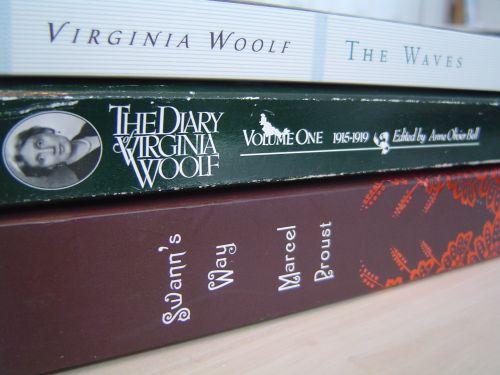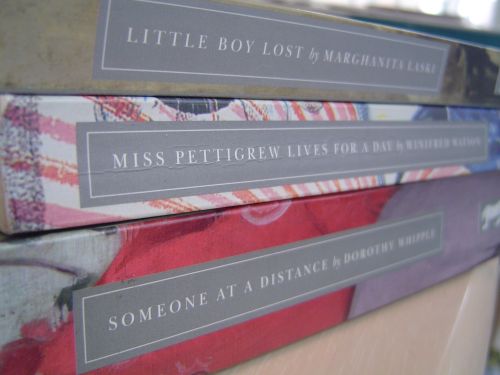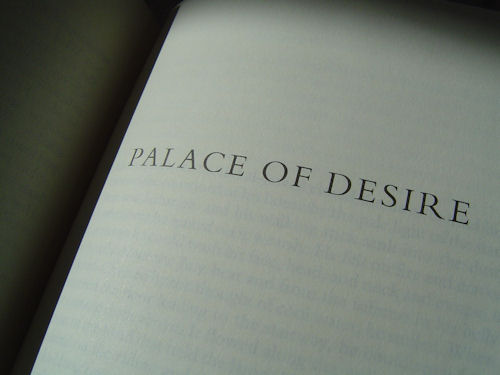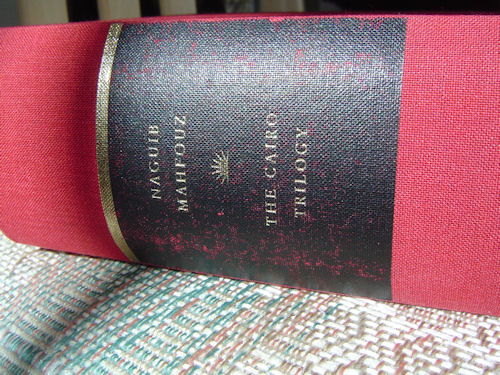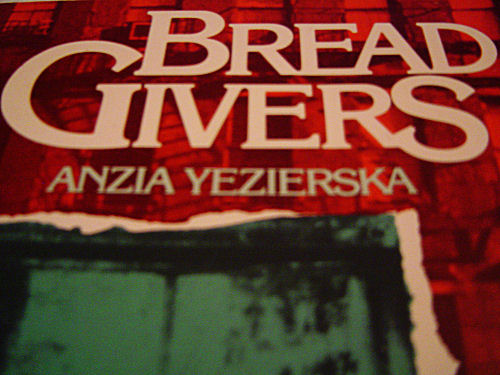It would be impossible for me to post singly on every book I read in a month. This is my attempt to make sure no books slip through the cracks.

Exercises in Style by Raymond Queneau (translated by Barbara Wright) is the result of Queneau observing a fairly banal scene on a bus one day and writing the story of it ninety-nine different ways. Some of the stories are inventive and imaginative and others are either confusing if you’re not familiar with different linguistic tricks (somewhere in the middle of the book are three stories which when you put the letters together properly form one story) or slightly boring. All in all though, I enjoyed this, my first Queneau and am curious to discover what his work is like when it’s not so limited in scope.

Oh, Ishiguro. It seems we’re not meant to be. I was unimpressed by your Never Let Me Go (although I am intrigued by the trailer for the new movie), but decided to give you another go with Remains of the Day, possibly your most beloved work. I don’t mean to say I disliked it, because I didn’t, but I didn’t like it very much either. Something in your style irks (and frustrates) me, preventing me from caring about the character(s), which I’m noticing is pretty important if one is going to enjoy an Ishiguro novel.
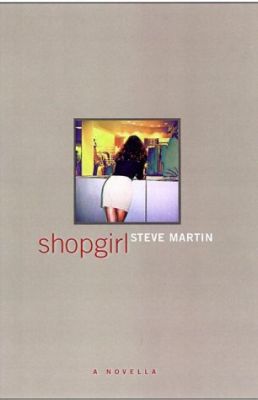
I adored Steve Martin‘s 2000 novella, Shopgirl, so very much. It’s quirky, but it has a lot of heart. Mirabelle is the titular shop-girl, who is working at the glove department of a department store, when she meets a rich, older gentleman who can give her everything but his heart, truly. But even so, they develop a deep affection for one another. It’s very quote-able, but I’ll only pick one:
“I’m fixing myelf.”
“I’m fixing myself too,” says Jeremy.
And they know that they will forever have something to talk about.

I actually finished Mariama Bâ’s So Long a Letter the first day of February, but I read most of it during January for the Year of Feminist Classics. It’s an epistolary novel comprised of letters from a recently widowed woman to her friend, a divorcée. While both women were forced to deal with their husbands’ decisions to take another wife, they took different paths. I was fascinated by the glimpse into the lives of these two women, and the wrap-up for the selection is here. On friendship and love:
Friendship has splendours that love knows not. It grows stronger when crossed, whereas obstacles kill love. Friendship resists time, which wearies and severs couples. It has heights unknown to love.
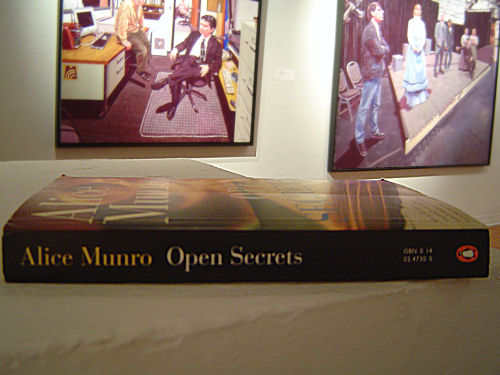
Open Secrets by Alice Munro is a collection of short stories mostly set in the fictional small Canadian town of Carstairs. As with So Long a Letter, I read this mostly in January, except for the last story. While there’s veins of brilliance running throughout all the stories, my favorites were “Carried Away”, “The Albanian Virgin” (during which I had my “Munro is amazing!” epiphany), “Open Secrets,” and “The Jack Randa Hotel.” A major element in these stories was letter writing, as almost all of them had an epistolary component. I think the reason Munro is so beloved is because she knows people. She knows how they act, why they act that way, the pieces of their inner lives that manifest themselves outwardly. She knows the strange people, the outcasts, the damaged, those geographically cut off from main society. Two quotes, both from “The Albanian Virgin”:
A dermatologist sees grief and despair, though the problems that bring people to him may not be in the same class as tumors and blocked arteries. He sees sabotage from within, and truly unlucky fate. He sees how matters like love and happiness can be governed by a patch of riled-up cells. (pg. 127)
My connection was in danger—that was all. Sometimes our connection is frayed, it is in danger, it seems almost lost. Views and streets deny knowledge of us, the air grows thin. Wouldn’t we rather have a destiny to submit to, then, something that claims us, anything, instead of such flimsy choices, arbitrary days? (pg. 147)









